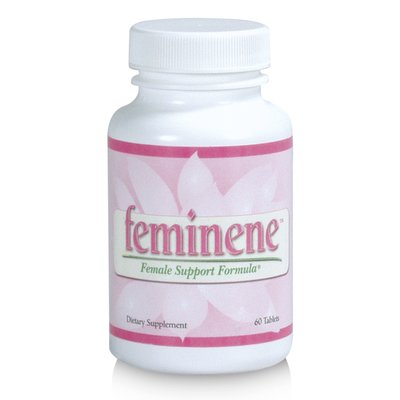
Menopause is a term used to describe the permanent cessation of the primary functions of the human ovaries: the ripening and release of ova and the release of hormones that cause both the creation of the uterine lining and the subsequent shedding of the uterine lining. Menopause typically (but not always) occurs in women in midlife, during their late 40s or early 50s, and signals the end of the fertile phase of a woman’s life.This list of common symptoms that occur during perimenopause and menopause was developed from the real-life experiences of hundreds of women.• Aching joints and muscle aches and weakness• Allergies• Arthritis• Breast tenderness, painful breasts and swelling• Chronic fatigue• cold or tingling hands and feet• Craving sweets, caffeine, junk food and carbohydrates• Depression, and anxiety• Dizziness, lightheadedness• Dry hair and brittle hair• Dry and itchy eyes• Dry, thin, or wrinkly skin• Endometriosis• Facial hair growth• Fibrocystic and lumpy breasts• Gallbladder pain• Hair loss, thinning hair• Headaches, migraines• Heart palpitations• Heavy or light periods• Hot flashes• Hypoglycemia or low blood sugar• Inability to sleep or sleeping excessively (insomnia or hypersomnia)• Incontinence or urinary symptoms• Irregular and erratic periods• Irritability, inability to handle stress• Lack of concentration, foggy and fuzzy thinking• Leg cramps• low energy and fatigue• low metabolism• lower sex drive ,loss of sex drive• Menstrual cramping• Morning sluggishness• Mood swings• Memory lapses or memory loss• Night sweats• Osteoporosis and bone loss• Ovarian cysts• Painful intercourse• PMS• Ringing, buzzing in ears• Spotting, light bleeding• Symptoms of hypothyroidism with normal T3 and T4• Unstable blood sugar and hypoglycemia• Urinary tract infections and irritation• Uterine fibroids• Vaginal dryness and vaginal atrophy• Vaginal infections• Water retention and bloating• Weepiness• Weight gain, especially in hips, waist and stomach• Yeast infectionsBe careful…